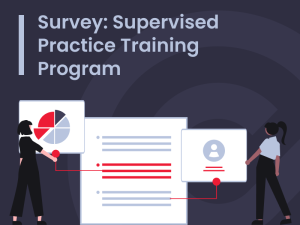CPATA seeks talented, engaged leaders to participate as members of its Discipline Committee.
Committee members will assist CPATA in attaining its vision to be a risk-focused, modern public interest regulator.
Committee members will be seasoned professionals with a high level of integrity, strong analytical and critical thinking skills, experienced in professional regulation, and with an interest in acquiring skills for, or familiarity with adjudication of complaints against licensees, gained through experiences in the public, private or not-for-profit sectors.
The Discipline Committee supports CPATA’s public interest mandate by hearing Applications from the Investigations Committee when referred, in order to enforce compliance with required ethical and practice standards in a fair, efficient and effective manner. Pursuant to the CPATA Act, this Committee is comprised of a non-licensee majority. CPATA is seeking expressions of interest in order to fill two positions: one licensee (non-IPIC member) and one non-licensee. The successful candidates will have knowledge of and experience in professional regulation, collaborative decision making, Codes of Conduct for regulated professionals, excellent attention to detail, the ability to work in a digital environment, and will possess a strong work ethic.
This is a great opportunity to join CPATA at an exciting time in the development of a new regulatory body, built from the ground up. If interested, or to learn more, please email the CEO/Registrar, Juda Strawczynski, at ceo-dir@cpata-cabamc.ca by April 30, 2023.
CPATA is strongly committed to promoting equity, diversity, and inclusion in the workplace, in the patent and trademark profession and in the delivery of patent and trademark services. CPATA invites and encourages applications from all qualified individuals, including members of racialized groups, Indigenous peoples, persons with disabilities, persons of any sexual orientation, and persons of any gender identity or gender expression. At this time there is a particular need for adjudicators with fluency in both official languages.






